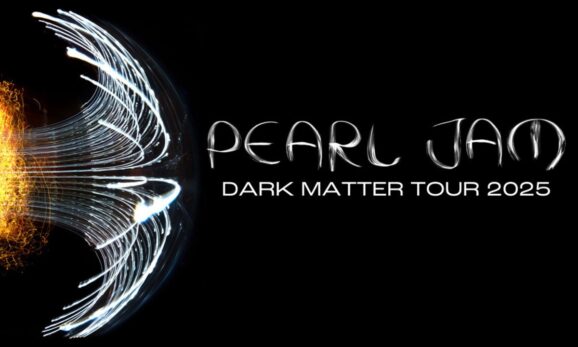Tenor saxophonist Ricky Ford boasts a lineage the envy of many, having begun his career with The Duke Ellington Orchestra under the direction of Mercer Ellington, followed by stints with Charles Mingus, Lionel Hampton, and Abdullah Ibrahim, not to mention the 20 albums of his own as a leader. Even with such a decorated career, this is Ford’s debut for the New Bedford, MA-based Whaling City Sound. Already, you’re detecting a play on words with the album title, The Wailing Sound of Ricky Ford: Paul’s Scene. Why the “Paul’s Scene”? When Ford, then 20 years old, joined Ellington’s band, it was to replace the recently passed, practically immortal Paul Gonsalves who came to fame with his 27-chorus solo on Diminuendo and Crescendo in Blue from the landmark album Ellington at Newport (1956). So, let’s just say there was a little pressure. Ford made a rookie mistake by taking 40-year tenured baritone saxophonist Harry Carney’s chair on the tour bus, was the subject of some ridicule, but eventually quickly proved his mettle on the bandstand. The fact that Ford, Carney, and Gonsalves all hail from the New England area, with Gonsalves from New Bedford itself, all play into what this album is about.
While you may be expecting an album of Ellington and vintage tunes, seven of these dozen are Ricky Ford compositions, with only three on the entire album exceeding five minutes in length, thus making the solos crisp and the elite rhythm section especially tight as accompanists. They are pianist Mark Soskin, bassist Jerome Harris, and drummer Barry Altschul backing Ford on these bop excursions and ballads. And, because Ford plays so often in the lower registers of the horn, one will detect the unmistakable influence of both Carney and Gonsalves in his robust, burnished tenor sound. Yet, one doesn’t join a Mingus band without a certifiable degree of edginess, so you will hear plenty of that too.
He begins with the easy flowing original “Ricky’s Bossa,” echoing Stan Getz, blowing fluid lines but never reaching intense levels as if he wants to relax us first before next working initially just with Altschul, who begins the Turkish inspired “Fer” with a drum solo, before Ford explores and unravels the deeper reaches of his horn, making room for a concise Harris lyrical bass solo along the way. His “The Wonder” begins in classic ballad form with Schubert’s “Three Songs, Opus 4” as its starting point but midway he goes into a surprising double-time pattern and becomes remarkably expressive in his crying, moaning and pleading through the horn, relinquishing the focus to pianist Soskin, who delivers a shimmering solo and then takes the piece out with a graceful exit. “That Red Clay” is the fourth consecutive original, reimagining the poetic thoughts of Langston Hughes and Richard Wright in their collaboration “Red Clay Blues,” with some terrific percussion work from Altschul.
The sublime “The Essence of You,” penned by Coleman Hawkins, is the first of the tenor titan’s three associated tunes. It gives us a pause and Ford renders it in a way that reminds us of the great tenor traditionalists from Lester Young to Hawkins to Gonsalves to the likes of Ben Webster and Dexter Gordon. The animated “The Stockholm Stomp” is also a nod to The Hawk, as the tenorist was a featured soloist on this Fletcher Henderson big band piece. The third in this sequence is the Hawkins – Hank Jones co-write “Angel Face,” another exquisite ballad rendering.
“Paris Fringe” is an Abdullah Ibrahim-inspired tune, marked by African rhythmic patterns that both acknowledge Ford’s three decades spent in the French Capital and his former leader’s “Cape Town Fringe.” “Can’t Wait to See You” is yet another sweet ballad, impeccably delivered. “Paul’s Scene,” the de facto title track, is the one true nod to his Ellingtonian years, conjuring the sounds of Gonsalves and Carney with fresh vibrancy, with a passage from Count Basie’s “Tub” to Bird’s “Crazeology” to a bridge translated from “Cherokee.” Ford just keeps blowing with remarkable stamina, pausing only for a brief Altschul drum break four minutes in. “Frustration” is the melancholiest of the ballads, finding Ford sustaining notes more often along with his customary rapid but fluid runs, marked by strong harmonics from pianist Soskin. Kenny Graham’s “Mabulala” closes, as Ford and the quartet shift into a swinging, stomping mode that caps this animated set.
Ford delivers a masterclass in tenor saxophone playing, drawing on the traditionalists with a reverence for bop and vitality for ballads that few can match.










